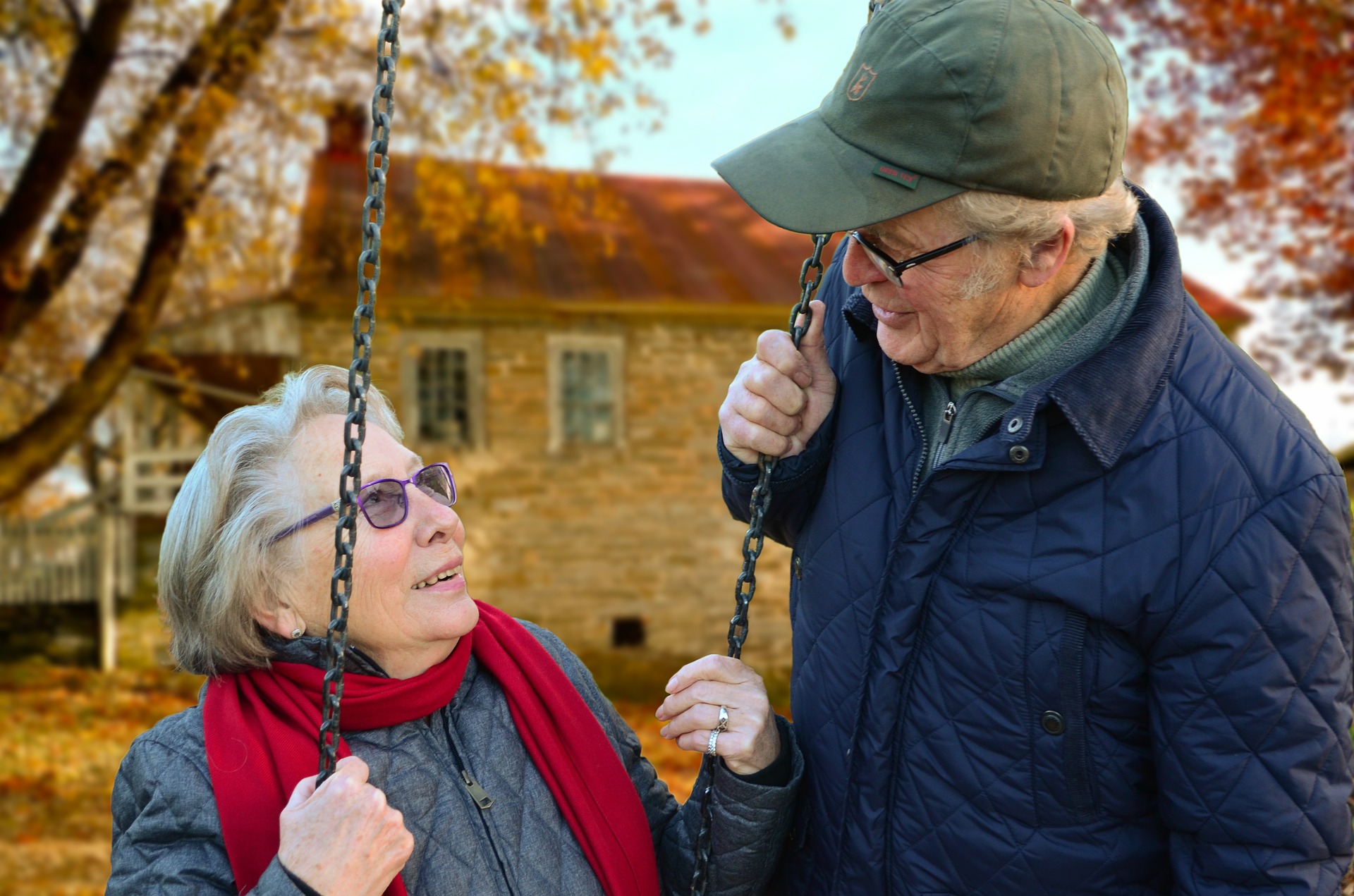Sometimes the best medicine is the care of family and friends.
Strong social support is related to shorter stay in inpatient rehab after hospitalization
A recent study from The University of Texas Medical Branch at Galveston showed that patients with strong social support from family and friends spend less time in an inpatient rehabilitation facility. This study is currently available in the Archives of Physical Medicine and Rehabilitation.
“When someone does not have the social support of family and friends, they take longer to return home to the community. We believe that support from loved ones may lead to better recovery and better quality of life,” said lead author Zakkoyya Lewis, a doctoral student in UTMB’s department of rehabilitation sciences. “Our study is one of the first to look at how level of social support impacts how long patients need to spend in a rehab facility.”

Following certain injuries or surgeries such as a lower body joint replacement or fracture or when recovering following a stroke, patients are often sent to an inpatient rehabilitation facility, or IRF, before they return home.
Under the current Medicare payment system, Medicare agrees to cover a certain number of days for patients to stay in a rehabilitation facility, depending on their health situation. There is a financial incentive for facilities to discharge a patient earlier than his or her projected length of stay while still providing quality care. However, there is little information about variables such as a patients’ home life or support system that impact expected lengths of stay. Some of those variables may affect discharge planning decisions and how well the patient does when they return home.
For 119,439 Medicare beneficiaries who spent time in a rehabilitation facility in 2012, the researchers compared the amount of time that Medicare determined patients would need to spend in rehab with the actual length of their stay. They also analyzed social support based on information that the patients provided.
The study showed that having strong social support influences how long patients need to spend in rehab. Compared with patients who have strong support from family or friends, those with little social support were more likely to need extra time than predicted by Medicare.
“Our findings provide new information to the growing body of evidence that inpatient rehabilitation experiences can be substantially impacted by a patient’s level of social support,” said coauthor Catherine Cooper Hay, a doctoral student in UTMB’s department of rehabilitation sciences.
Story Source: University of Texas Medical Branch at Galveston. “Strong social support is related to shorter stay in inpatient rehab after hospitalization.” ScienceDaily. ScienceDaily, 7 September 2016. <www.sciencedaily.com/releases/2016/09/160907125257.htm>.




